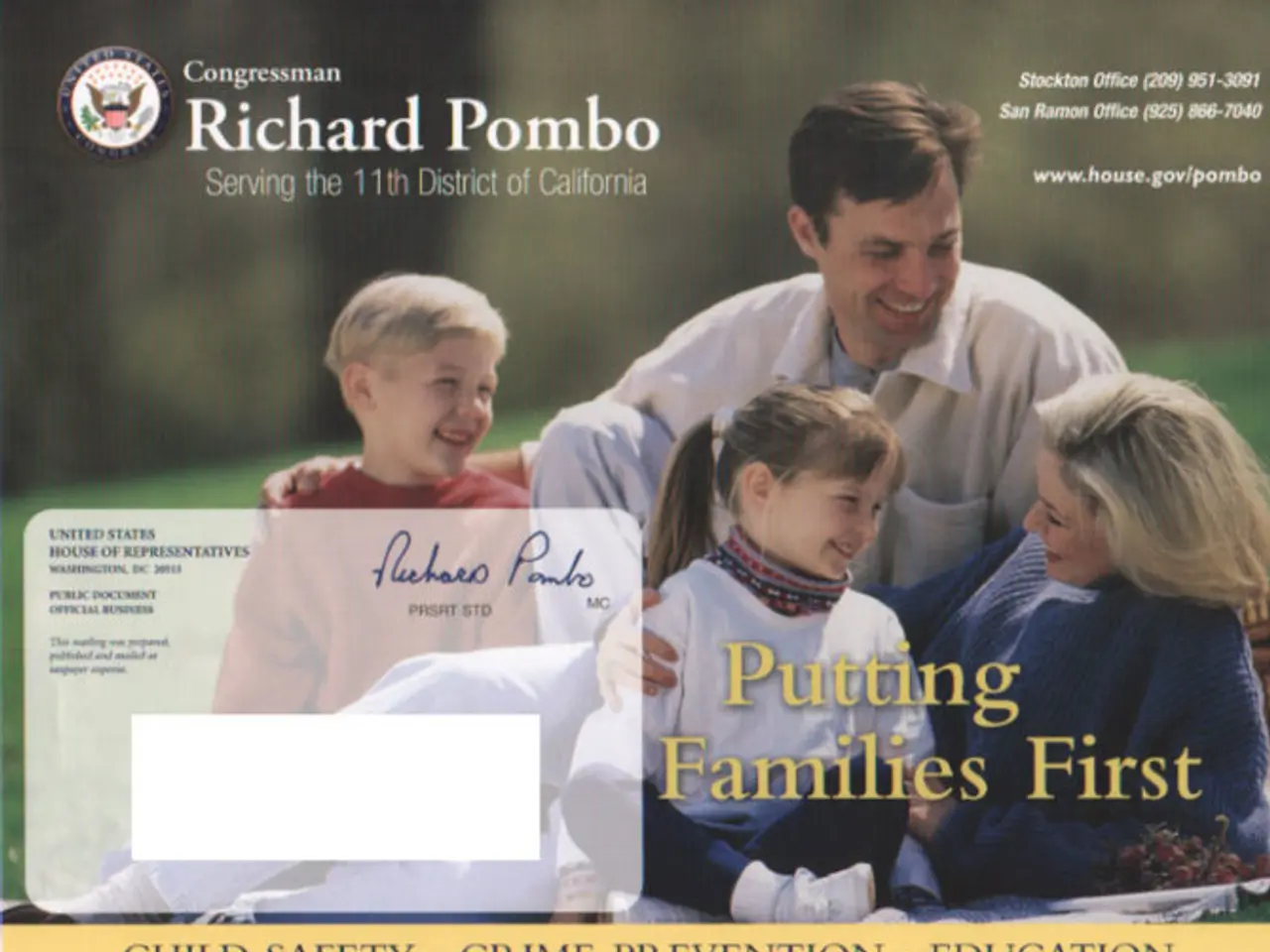Shall DOGE persist in its pursuit of enhancing government effectiveness?
The United States government is embarking on a new mission to consolidate and modernize common services, as well as review and reform its existing programs. This push for change comes amidst reports of inefficiencies and staff departures within the government, with the Department of Government Efficiency (DOGE) at the forefront of this initiative.
Steve Goodrich, a renowned government effectiveness expert, has long advocated for reform, as outlined in his book, Transforming Government from Congress to the Cubicle. The government's goal is to eliminate waste, right-size government, and promote accountability to the American people, a mission that has been echoed by the DOGE concept, now referred to by a different name and purpose.
The review process for government programs is comprehensive, assessing factors such as program elimination or modification, duplication, potential for combination with other federal programs, implementation by private sector or public/private partnership, affordability, potential for improvement, and hard choices to address fiscal issues. To determine program fit, each program in the government's inventory will be reviewed based on a set of established and unbiased criteria.
Objectivity is critical in this process to make informed decisions about the government's programs. A National Strategic Plan is needed to focus the government on what is important and within its purview. This plan will ensure that the government's programs are still appropriate and effective in their current form, and that they continue to benefit the American people.
The government has a variety of oversight bodies to ensure the success of this reform, including congressional oversight committees, the Government Accountability Office, inspectors general, oversight agencies, performance officers, CXO councils, commissions, and good government groups. A mandate will ensure the necessary attention, expertise, accountability, and action for the consolidation and modernization of common services.
This push for reform is not just about improved efficiency and effectiveness, but also about addressing the deficit and debt. The government needs a legislative mandate for this consolidation and modernization of common services, such as human resources, procurement, finance, loan administration, and many more lines of business.
In the past, government reform initiatives have often waned or not survived administration transitions. However, the intent of the DOGE approach remains strong: to address inefficiencies, waste, and improve effectiveness within government. Each program review should result in a clear recommendation as to its future existence, transfer, elimination, improvement, or scope change.
The government's reform efforts are exemplified by the UNDP's Global Project on Managing Development Co-operation Effectively in 2024, which regularly identifies and reviews government programs to ensure they fulfill their original intent and use resources efficiently.
The road to reform may be challenging, but with a focus on objectivity, accountability, and the well-being of the American people, the government is taking steps towards a more efficient and effective future.
Read also:
- ICE directed to enhance detention conditions following NYC immigrants' allegations of maltreatment
- Israeli finance minister issues warnings about potential annexation of West Bank territories
- United States faces rebuttal from South Africa over allegedly deceitful human rights report and assertions of land expropriation
- Accident at Rodalben Results in Injuries; Geoskop Area near Kusel Affected After Stormy Weather








